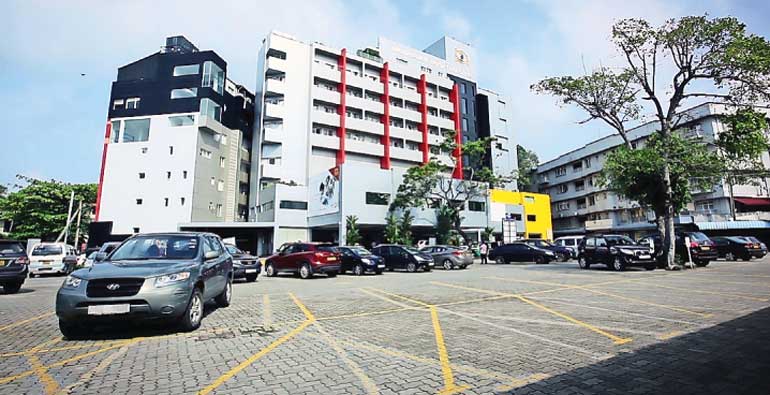Friday Feb 27, 2026
Friday Feb 27, 2026
Tuesday, 1 November 2016 00:02 - - {{hitsCtrl.values.hits}}
Striving to address a growing demandfor compassionate, specialist care for patients with high-dependency palliative care needs, Nawaloka Hospitals announced that its Palliative Care unit is well-geared to address the complexphysical and psychological requirementsof patients with serious advanced illnesses and supporting family members providing care to loved ones.
In addition, the Hospital revealed plans to reach out to more patients by setting up a Palliative Care Mobile service. Palliative care is a specialised field that require the services of doctors and nurses with expertise on the care of terminally ill patients.

“Palliative care is much more than mere pain relief and requires the attention of medical staff with intensive training in various aspects of the subject from clinical support to emotional and psychological support. It is a very personalised, compassionate and unique care model in healthcare. Accordingly, wehave set up a highly-trained professional unit to provide care to our patients,” commented Dr. Kanakaratna of Nawaloka Hospitals.
In a special report on palliative care, the World Health Organization defined palliative care as ‘an approach that improves the quality of life of patients and their families facing the problem associated with life-threateningillness, through the prevention and relief of suffering by means of earlyidentification and impeccable assessment and treatment of pain and otherproblems, physical, psychosocial and spiritual.
The report further revealed that every year more than 20 million (on a global scale) patients need palliative care and that the great majority of the global need for end-of-life care is associated with non-communicable diseases such as cancer, heart disease, stroke and lung diseases. Given its fast ageing population, Sri Lanka too will need to make necessary preparations to provide care to this particular segment of the population.
Dr. Kanakaratna said the palliative care model could be adopted to improve the quality of life of this group of patients. “This can be done through symptomatic relief, for example pain control plus a variety of other methods. It is important to support the patient and families when they are going through these difficult periods of their lives.”
Palliative care is not limited to specialist palliative care services but includes primary and secondary level care as well. Palliative care is provided wherever a person’s care takes place,whether this is the patient’s own home, a care facility, hospice in-patient unit, hospital, or outpatient or day care service.